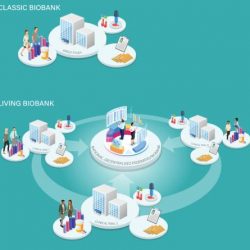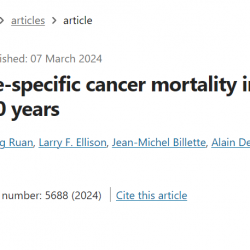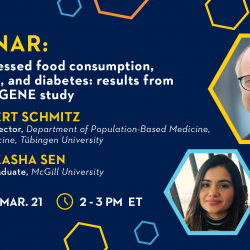CanPath Featured as one of Canada’s Most Successful Investments in Biobanking
CanPath was featured as one of Canada’s most successful investments in biobanking! ?? In an Open Access Government article, Francois Lamontagne, Paul Hebert, and Michelle Kho (Sepsis Canada) emphasize the critical role of biobanks in generating new insights into healthcare and disease management. They underscore the pitfalls of ‘classic’ biobanks, highlight the low-cost opportunity of ‘living’ biobank infrastructure, and suggest a way forward toward sustainable, high-impact, decentralized, federated, and ‘living’ biobank infrastructure. ?? From understanding genetic influences to environmental factors, Canadians’ biological samples collected through CanPath and regional cohorts’ studies are paving the path for a healthier future. ?? Read the full article here: https://lnkd.in/dN5VdX8j Last Updated on March 27, 2024





